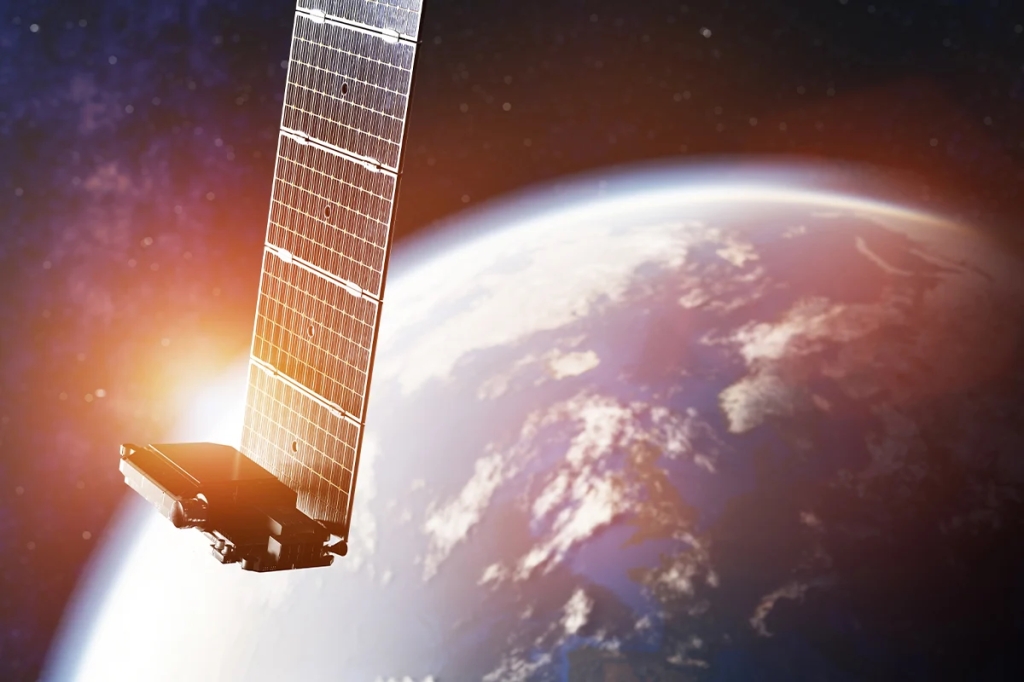
By John Fraser
Were we to issue the South African Cabinet with weapons, the fear is that they would all shoot themselves, or each other, in the foot.
While some of the flipping and flopping over policy in Pretoria might seem amusing, it is imperilling foreign direct investment and risking both economic growth and job creation.
We are all painfully aware of the mixed signals that have been sent out over shining the spotlight on corruption in state power utility Eskom.
Ministers’ rhetoric speaks to the need to move on from the lost decade of state capture, but at the same time, we see our Finance Minister, Enoch Godongwana, suggesting recently that Eskom (and Transnet) should be exempted from disclosing irregular and fruitless expenditure. This suggestion was later withdrawn when the Minister appeared before angry MPs, but it was subsequently made clear that the intention remains. They are just a bit baffled over how to proceed.
Meanwhile, in a bid to bring closer focus to the efforts to tackle South Africa’s crippling rolling blackouts, a new minister for electricity, Kgosientsho Ramokgopa, was appointed in the latest Cabinet reshuffle.
Instead of enhancing leadership, the appointment has led to a turf war between Ramokgopa and the two cabinet ministers who are also responsible for energy and Eskom, Gwede Mantashe and Pravin Gordhan.
The adage about too many cooks spoiling the broth comes to mind, although to be fair the broth was already pretty rancid before Ramokgopa’s arrival on the scene.
Given the government’s ham-fisted handling of the energy crisis, it is not altogether a surprise that it seems to be messing up a potential investment by the world’s richest man, Elon Musk.
It has come to light through a parliamentary question that the launch of his SpaceX Starlink satellite internet service in South Africa has been blocked, pending regulatory approvals.
According to DA MP Dianne Kohler Barnard, this is because the ANC wants any lucrative internet work to go to its chums, with a demand that 30% of the equity for the SA operation should go to BEE partners. She has warned that because of BEE rules on inward investment, South Africa will be one of the only African countries not to roll out Starlink.
This empowerment condition is not unusual. Similar requirements are routinely made of investors in SA, but there are always efforts to do a deal, to find a way to get the investment funds to flow. We need it.
Trade and Industry Minister Ebrahim Patel and his predecessors have been open to waiving the local ownership rules, at a price – most notably for investors in the auto industry, which is SA’s largest manufacturing sector.
The car companies got around the BEE rules by agreeing to make equivalent investments in boosting local businesses through a development fund.
It is a tried and tested compromise formula and allows foreign companies which are unwilling to surrender equity in their SA operations to nonetheless still invest here.
It was therefore deeply depressing to read an unpleasantly bureaucratic statement by our unpleasantly bureaucratic Minister of Communications and Digital Technologies, Mondli Gungubele.
Instead of joyfully welcoming the prospect of investment by Musk in his ancestral homeland, he brought out the rulebook and projected it at rocket man Musk.
“The Department wishes to place it on record that to operate an electronic communications network such as satellite to offer a service in South Africa, an individual Electronic Communications Network Service (iECNS) license and an individual Electronic Communications Service (iECS) license that are used in conjunction with a Radio Frequency Spectrum license are a requirement. These are obtainable on application from the Independent Communications Authority of South Africa (ICASA). The Minister wishes to state categorically that the custodian of the licensing process is the Authority, (ICASA),” was his department’s unenthusiastic response to the investment.
That’s it then. There is a process to be followed.
However, instead of jetting off to Musk’s Texas or Twitter HQ to urge the boykie from Pretoria to bring us jobs and investment, the department chose instinctively to adopt the tone of an irascible schoolmaster.
“Any interested party wishing to apply for a license, including Starlink, may through appropriate channels, approach the Authority with its application and comply with the prevailing legislation in the country,” it announced.
Hold on, though. The news of Musk’s snub by Pretoria comes in the same month that President Cyril Ramaphosa hosted his fifth investment conference.
His rhetoric, and that of Trade, Industry and Competition Minister Ebrahim Patel, is so clearly at odds with the bureaucratic hostility of the clumsily communicating communications department.
Were government departments all singing from the same hymn sheet – a Utopian dream, I know – they would take their cue from the President, and rush to facilitate this Starlink deal. If form filling is required, and there is no suggestion it should be waived, then South African officials should be instructed to assist with the process, not to block it.
If Musk has no pen on him, they should lend him one. Even let him keep it.
The Starlink shambles is so unnecessary.
If the President can set and then exceed his five-year target of R1.2 trillion in new investment, he can surely bang a few heads together.
After all, Musk is a leading player in the rollout of electric vehicles, and South Africa is planning to surf this excitingly lucrative technological wave, if Minister Patel ever takes his foot off the policy brake and locates the accelerator.
A son of Africa, and despite some reported misery during his schooldays here, Elon Musk could certainly easily match the over R1.5 trillion raised through Ramaphosa’s investment drive if he were to bring us production of his Tesla vehicles and a few other job-creating investments.
But he won’t if our government’s addiction to red tape, lack of policy coordination between departments and narrow vision send him on his way.


